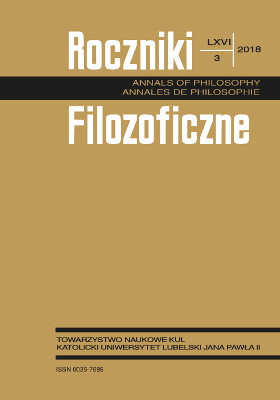Language as a Necessary Condition for Complex Mental Content: A Review of the Discussion on Spatial and Mathematical Thinking
Language as a Necessary Condition for Complex Mental Content: A Review of the Discussion on Spatial and Mathematical Thinking
Author(s): Arkadiusz Gut, Robert MirskiSubject(s): Philosophy, Special Branches of Philosophy, Philosophy of Mind, Philosophy of Science, Philosophy of Language
Published by: Towarzystwo Naukowe KUL & Katolicki Uniwersytet Lubelski Jana Pawła II
Keywords: mathematical thinking; modularity; spatial thinking; language
Summary/Abstract: In this article we review the discussion over the thesis that language serves as an integrator of contents coming from different cognitive modules. After presenting the theoretical considerations, we examine two strands of empirical research that tested the hypothesis—spatial cognition and mathematical cognition. The idea shared by both of them is that each is composed of two separate modules processing information of a specific kind. For spatial thinking these are geometric information about the location of the object and the information about the object’s properties such as color or size. For mathematical thinking, they are the absolute representation of small numbers and the approximate representation of numerosities. Language is said to integrate the two kinds of information within each of these domains, which the reviewed data demonstrates. In the final part of the paper, we offer some comments on the theoretical side of the discussion.
Journal: Roczniki Filozoficzne
- Issue Year: 66/2018
- Issue No: 3
- Page Range: 33-56
- Page Count: 24
- Language: English

